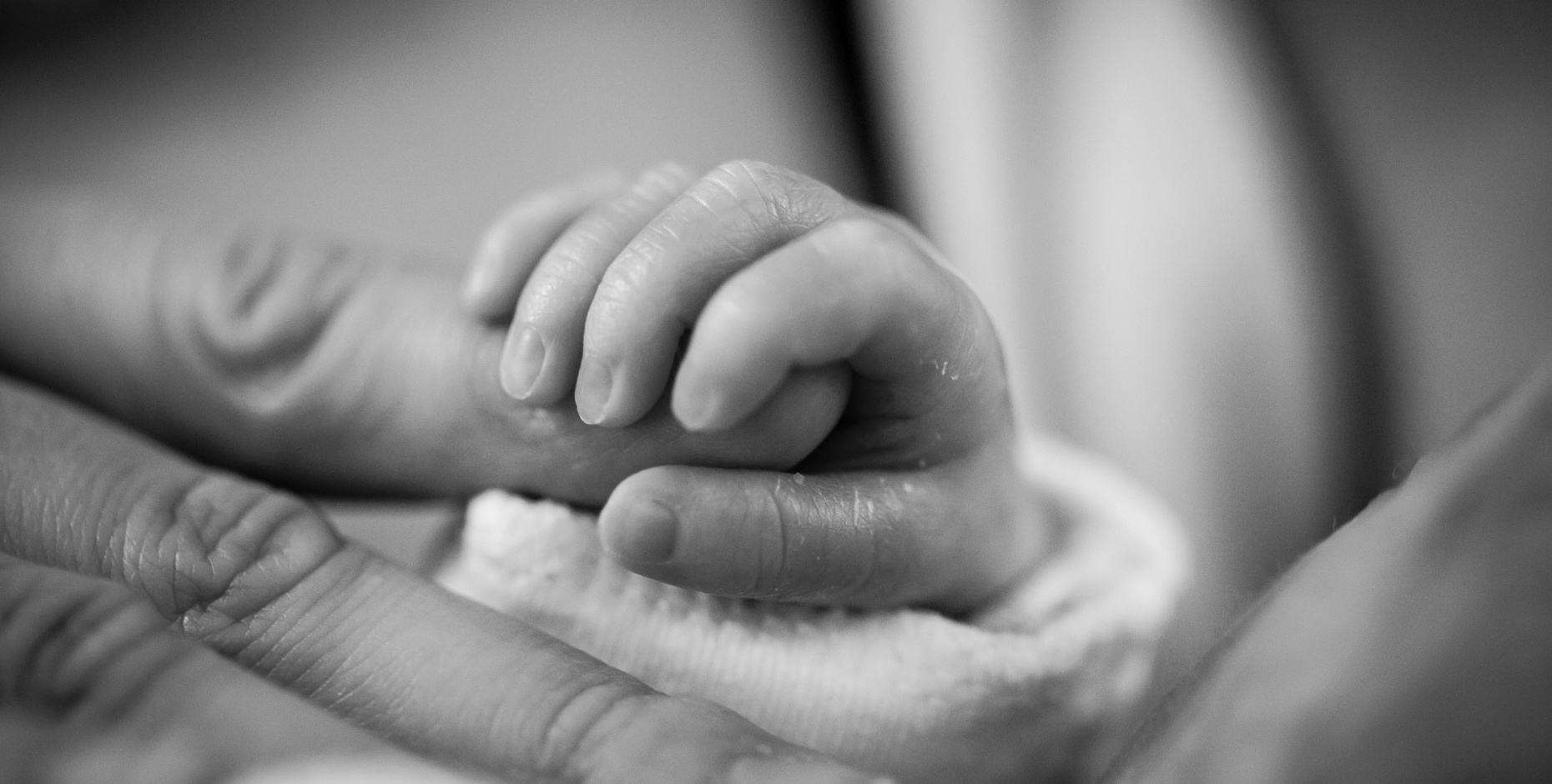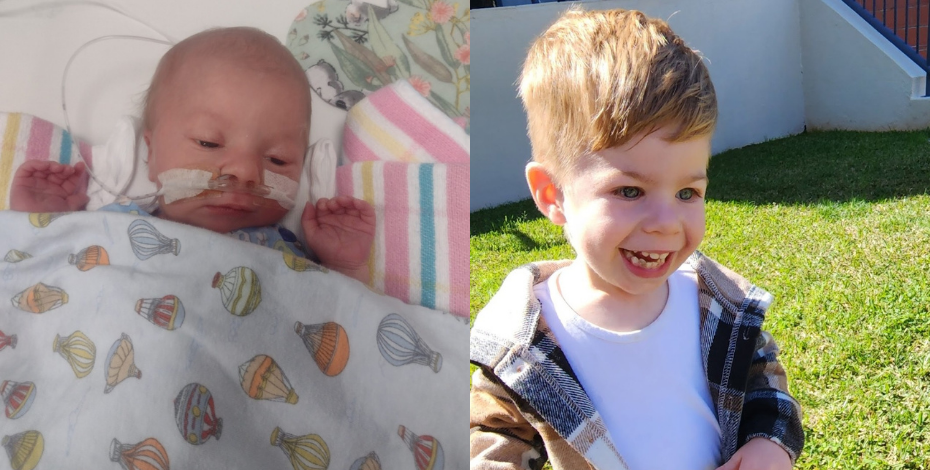- 05 Mar, 2024
The silent epidemic: Australia facing birth trauma crisis
One in two birthing parents in Australia experience birthing trauma (K Watson, 2021) leading to extensive, and often silent, suffering that impacts all aspects of their lives. Policy makers need to face this crisis head on and invest in access to pelvic health physiotherapy services. Presently, the escalating demand for physiotherapy services during and post pregnancy dramatically outweighs the access and funding available, leaving new parents without access to essential preventative and therapeutic healthcare, crucial for significantly reducing birth trauma.










